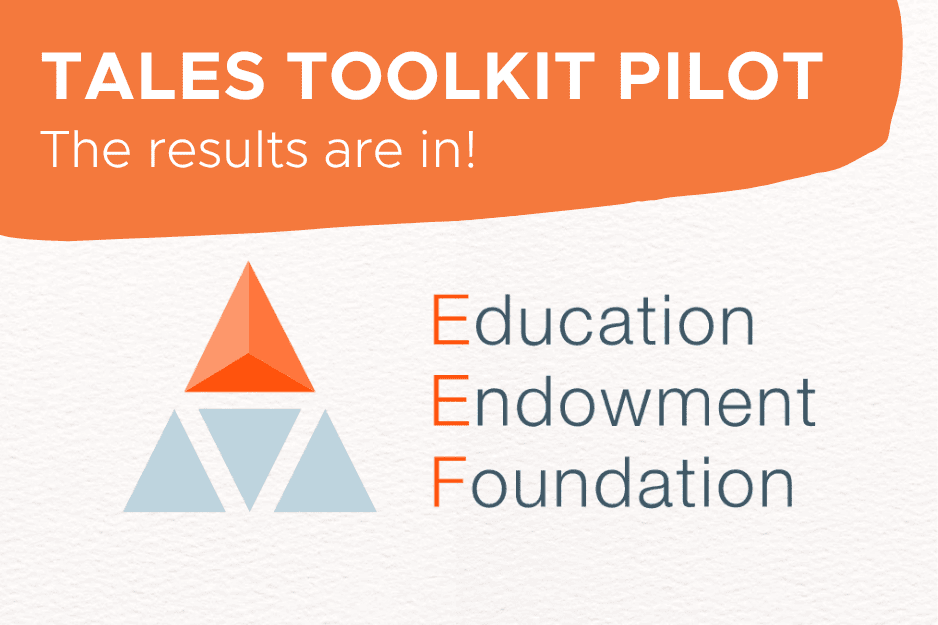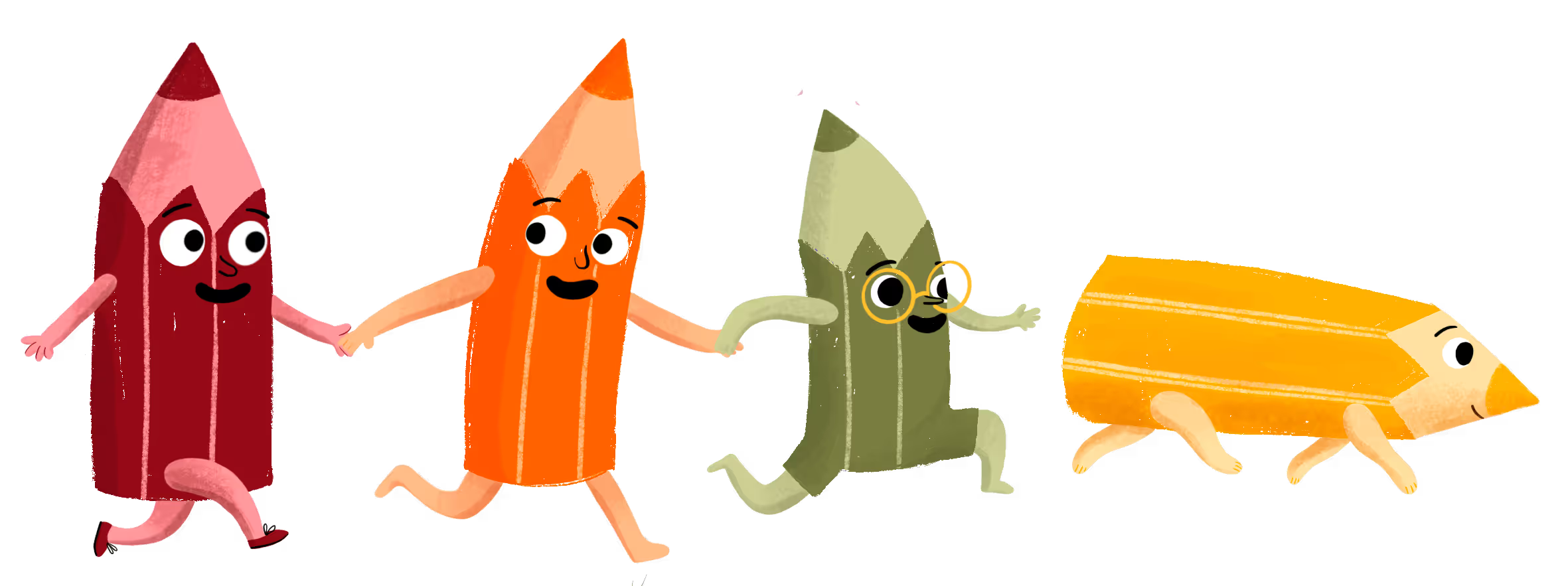This year’s theme for Children’s Mental Health Week is connection and we’re celebrating all the experts who inform our work with children who champion the importance of childhood emotional development.
When we engage in quality interactions with young children, we are setting the foundations and enabling them to feel supported and known. Creating moments in which children can express themselves and be vulnerable and explore their feelings and ideas.

"Relationships matter - as much for human brains as for human hearts."
Suzanne Zeedyk (Source: unknown)
Storytelling is a universally understood way of creating these precious moments. The giving and receiving of knowledge, the serve and return, creating stories together that paves connections in the brain.
In these moments of connection, exploring, imagining, we find the deepest levels of learning and development happen.
“Stories are one of the ways that you’re going to start using your imagination to make more sense of the world”
Dr Caspar Addyman, Director of the Goldsmiths Infant Lab (Source: Tales Toolkit Webinar*)
Stories are a gift. They connect abstract words with emotion and bring objects, places, people to life. They give children the power to not only understand more about the world they are in, but give shape and colour to the world they experience inside.

“Storytelling is a fantastic way of empowering children with strategies for resilience.”
Alistair Bryce-Clegg, Early Years Practitioner (Source: Tales Toolkit Webinar*)
Helping children to give voice to their own thoughts and gain confidence in their ideas not only leads to independent and confident humans, (but also generates empathy and teamwork) (not sure giving voice to thoughts does this, it’s more interactions and social side of things). Self-regulation in young children comes from adults modeling self-regulation and experiencing co-regulation.

“Children who experience nurturing and stable care-giving, go on to develop greater resilience and the ability to self-regulate uncomfortable and overwhelming emotions.”
Dr Mine Conkbayir, Philosophy and Neuroscience Lecturer (Source: Mine Conkbayir’s Website)
“When children have better linguistic skills, they’re going to be better able to regulate their behaviours and their emotions”
Dr Evan Kidd, Professor of Psychology and Language (Source: Tales Toolkit Webinar*)
Tales Toolkit storytelling allows children to empathise with a character, contextualise with a setting and co-regulate their response (what do you mean here,)to a problem in order to find a solution as a team. And once the modeling is established, children take on and develop these problem solving skills through independent play.
Group storytime is a tradition that will forever be a part of our lives. And while some stories may be our own private worlds, they will always have been built from the chorus of voices and experiences to which life exposes us.
*Tales Toolkit Members can access all our webinars in the Resource library in the Members Area.










.jpg)











%20(1).jpg)
%20(1).jpg)
.jpg)

.jpg)






























.jpg)










